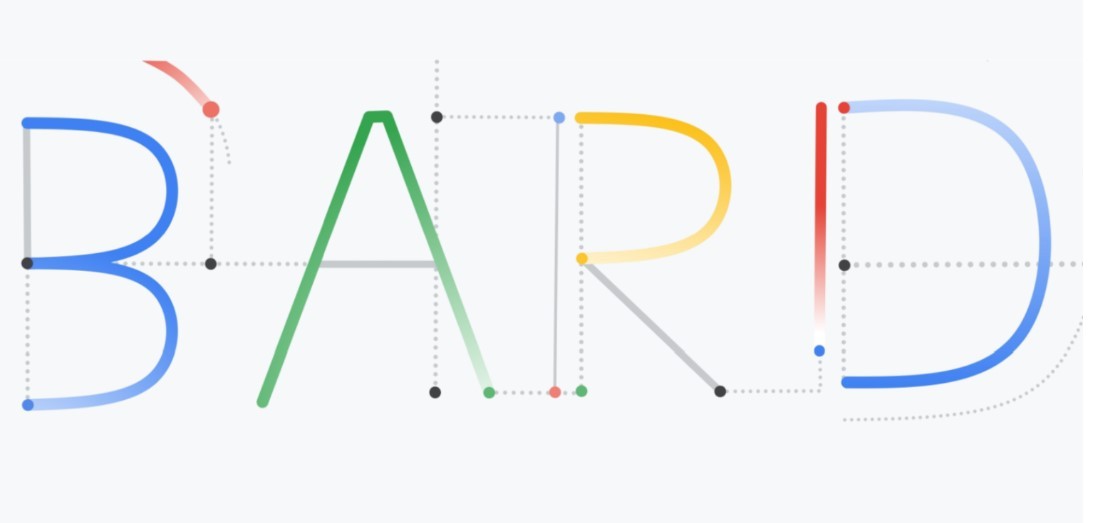In today’s fast-paced world, the ability to human multitasking is often touted as a valuable skill. From juggling multiple projects at work to responding to texts while watching TV, the concept of multitasking has become deeply ingrained in our daily lives. However, recent studies and expert opinions suggest that the reality of multitasking may not align with the popular belief in its effectiveness.
Human Multitasking, defined as the simultaneous handling of multiple tasks, has been a subject of fascination and debate among psychologists, neuroscientists, and productivity experts for decades. Many people perceive multitasking as a way to boost productivity and efficiency, but research indicates otherwise.
Dr. David Meyer, a psychology professor at the University of Michigan and an authority on multitasking, explains, “The human brain isn’t designed to perform multiple tasks that require high-level brain function simultaneously. When we think we’re multitasking, what we’re actually doing is rapidly switching our attention between tasks.”
Numerous studies have highlighted the drawbacks of human multitasking. One study published in the Journal of Experimental Psychology found that productivity can decrease by as much as 40% when individuals attempt to multitask. The research revealed that shifting focus between tasks led to a loss of time and a decline in the quality of work produced.
Moreover, neuroscientists have uncovered the cognitive limitations of the human brain when it comes to multitasking. Dr. Renate Fruchter, a neuroscientist at Stanford University, emphasizes, “The brain struggles to efficiently handle multiple tasks that require conscious thought or decision-making. Each task competes for cognitive resources, leading to mental overload and reduced performance.”
Technology advancements foster Human Multitasking

Despite these findings, societal expectations and technological advancements have fostered an environment that encourages human multitasking. The prevalence of smartphones, with their constant notifications and access to various apps, has made it easier for individuals to attempt multitasking in their personal and professional lives.
Anna Smith, a productivity coach, observes, “Many people feel pressured to multitask due to the demands of modern life. They believe they need to juggle numerous tasks simultaneously to keep up with work and stay connected socially.”
However, experts suggest that rather than attempting to multitask, a more effective approach is to prioritize tasks and focus on one thing at a time. Dr. Meyer notes, “Single-tasking allows individuals to dedicate their full attention and cognitive resources to a specific task, resulting in higher quality output and greater efficiency.”
Some companies are beginning to recognize the detrimental effects of multitasking on employee performance. Sarah Johnson, HR manager at a tech firm, states, “We’ve implemented strategies to encourage focused work. This includes setting designated ‘no interruption’ periods during the day and emphasizing the importance of concentrated effort on one task at a time.”
As the debate on human multitasking continues, experts advocate for a shift in mindset regarding productivity. Instead of glorifying the ability to juggle multiple tasks simultaneously, the emphasis should be on mindful and deliberate work habits.
In conclusion, while multitasking may appear advantageous on the surface, scientific research suggests otherwise. The human brain’s limitations in handling concurrent tasks can lead to decreased productivity and quality of work. As individuals navigate an increasingly fast-paced world, the recognition of the pitfalls of multitasking and the promotion of focused, single-task work could lead to enhanced efficiency and improved outcomes.






